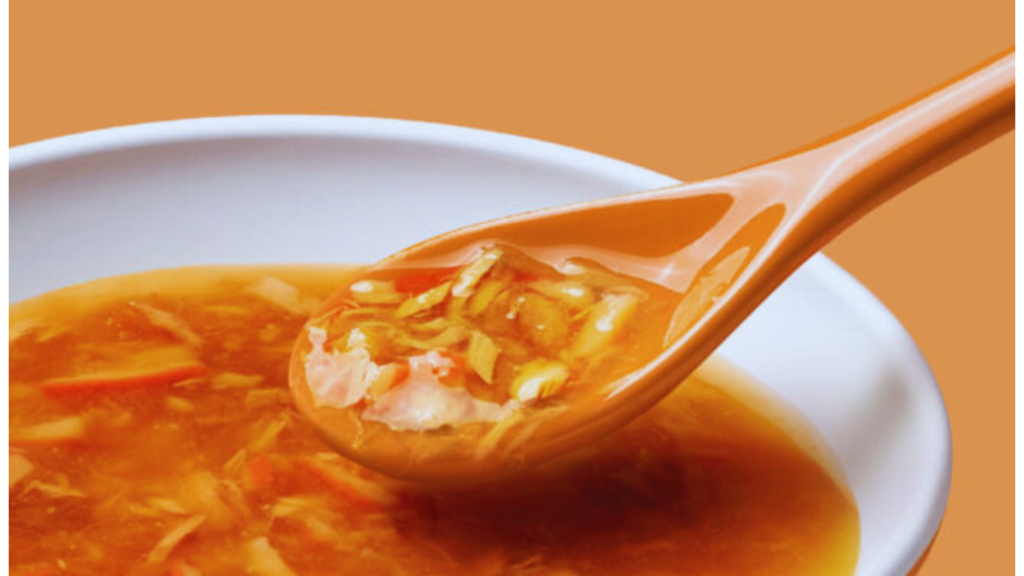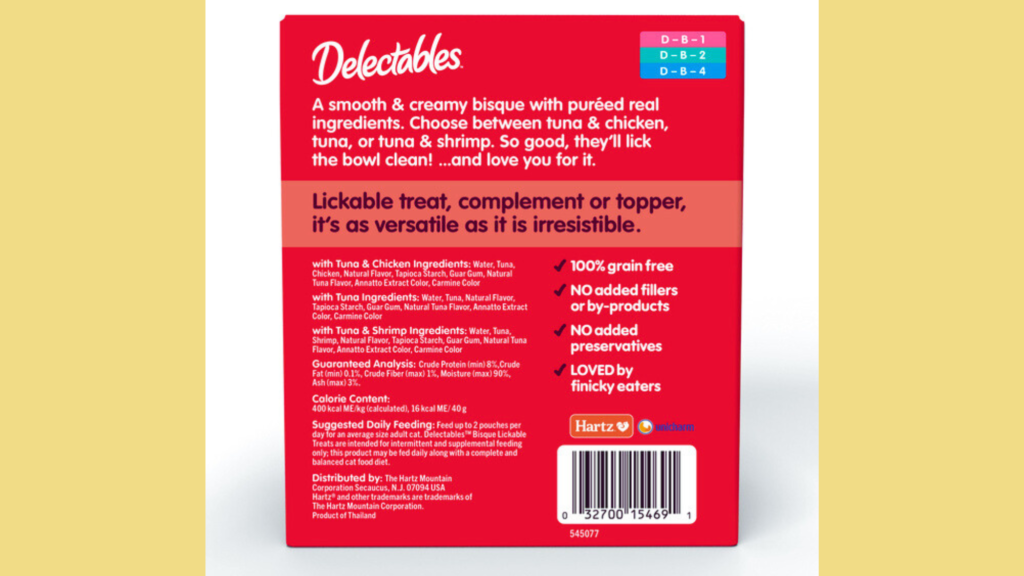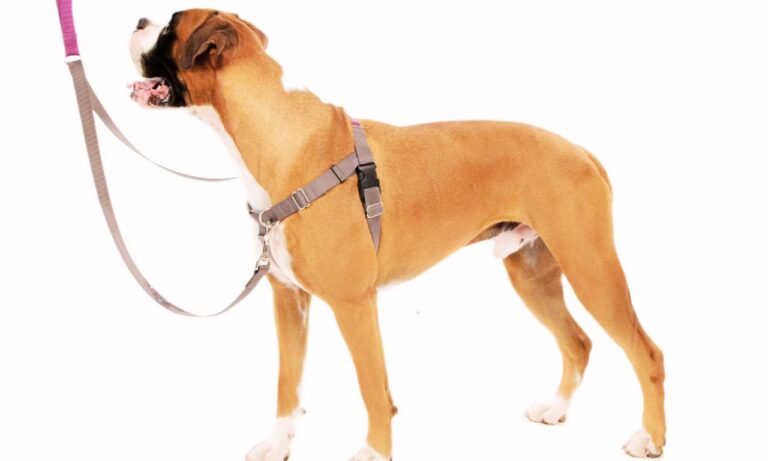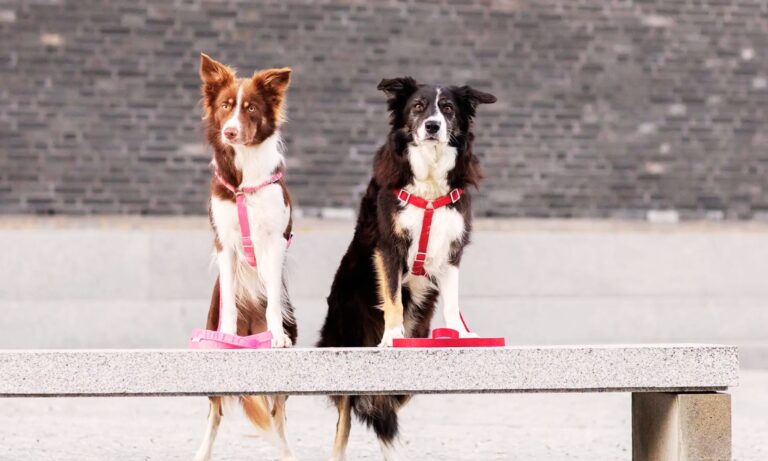| Summary: Hartz Delectables are popular cat treats, offering hydration and flavor cats love. They contain protein and essential nutrients but may have added fillers. While good for occasional treats, they shouldn’t replace balanced cat food. Always check ingredients and ensure they align with your cat’s dietary needs and health conditions. |
I’ve always been curious about what treats are best for my pets, and when I first came across Hartz Delectables, I wondered if they were suitable for cats. With so many pet treat options available on the market, it’s important to know what you’re feeding your furry friend. So, are hartz delectables good for cats? I’ll share my research, experiences, and advice to help you decide if Hartz Delectables are a good treat option for your cat. Hartz Delectables are formulated specifically for cats, offering tasty hydration and nutrition. GPS dog collars can help ensure your pets stay active and healthy.
The American Staffordshire Terrier’s coat type is short, sleek, and easy to maintain with regular brushing.
Treats can be a wonderful way to reward our pets, strengthen our bond with them, and provide a little extra joy during training or playtime. However, not all treats are created equal. While Hartz is a well-known brand with a long history in pet products, their Delectables line is often marketed for dogs.
This naturally leads to the question: are these treats good for cats too? I’ll explore the nutritional makeup of Hartz Delectables, discuss whether they meet the unique needs of cats, and offer tips on how to safely incorporate treats into your cat’s diet. While these treats are safe for cats, they may not be suitable for dogs due to different dietary needs. Consider pet tech products for portion control and feeding assistance.
Blog Highlights
ToggleAre Hartz Delectables Good for Cats: Understanding Hartz Delectables
Hartz Delectables are a line of treats produced by Hartz, a brand that has been around for decades and is known for its wide range of pet products. These treats are designed to be flavorful and appealing, making them a popular choice among pet owners who want to reward their dogs during training sessions. They come in a variety of flavors and textures, and many owners praise their palatability and affordability.

However, because these treats are formulated with dogs in mind, it’s essential to look closely at their ingredients and nutritional content to determine if they’re suitable for a cat’s dietary needs. Some cat treats contain high sodium and additives that may not be ideal for daily consumption. Electronic dog collars can help train pets to avoid food that isn’t meant for them.
What Makes Cats’ Dietary Needs Unique?
Cats are obligate carnivores, meaning that their bodies are designed to get most of their nutrients from animal-based proteins. They require higher levels of protein and certain nutrients, like taurine, which are not as critical in a dog’s diet. Cats also have a different metabolism compared to dogs, and their digestive systems are sensitive to the types of ingredients used in their food. If your cat loves wet treats, Delectables can be a great choice, but balance them with a complete diet. Dog training equipment can help reinforce feeding boundaries between pets.

Because of these unique needs, it’s important that any treat given to a cat is not only safe but also nutritionally appropriate. Even if a treat is safe for dogs, that doesn’t automatically mean it will be ideal for a cat.
Ingredients and Nutritional Profile of Hartz Delectables
One of the first steps to understanding whether Hartz Delectables are good for cats is to review their ingredients and nutritional profile. Although formulations may vary depending on the flavor or variety, here are some common features found in many Hartz Delectables:

- Protein Content: Hartz Delectables are known for having a good amount of protein, which is beneficial for dogs. However, the protein sources used might not always be the best quality or as digestible for cats.
- Fat Levels: These treats are formulated to be tasty, and often include fats to enhance flavor. While fats are essential in a cat’s diet, the type and amount of fat must be appropriate to prevent weight gain or digestive upset.
- Artificial Additives: Some varieties may contain artificial colors, flavors, or preservatives. While these additives are generally safe in small quantities, they might not be ideal for cats, who can sometimes be more sensitive to chemical additives.
- Caloric Density: Since treats are often calorie-dense, even a small treat can contribute a significant amount of calories to a cat’s daily intake. This is especially important if your cat is overweight or has a sedentary lifestyle.
- Texture and Size: The texture and size of treats designed for dogs might be larger or harder than what a cat would comfortably eat. This could potentially lead to choking or dental issues if not supervised.
Because Hartz Delectables are primarily created for dogs, their nutritional balance may not align with a cat’s dietary requirements. Even if a cat can physically eat these treats, that doesn’t necessarily mean they’re the best option nutritionally.
Are Hartz Delectables Safe for Cats?
When considering whether Hartz Delectables are good for cats, safety is the primary concern. In general, if your cat eats a small amount of a dog treat, it is unlikely to cause immediate harm. However, safety also means ensuring that the treat does not become a regular part of your cat’s diet if it isn’t formulated for them.

Occasional Tasting vs. Regular Feeding
- Occasional Tasting: If your cat accidentally nibbles on a Hartz Delectable now and then, this is usually not a cause for alarm. A one-time treat is unlikely to lead to any serious health issues, assuming your cat is otherwise healthy.
- Regular Feeding: On the other hand, if you find that your cat is regularly eating Hartz Delectables, there could be potential problems. Over time, the differences in nutritional needs may lead to an imbalance in your cat’s diet. Cats that consume too much dog-formulated food may not get enough of the essential nutrients they require, such as taurine, and this could eventually impact their overall health.
The best collar size for an American Staffordshire Terrier ensures a comfortable and secure fit for your dog during walks and training.
Potential Benefits of Hartz Delectables for Cats
Even though Hartz Delectables are designed for dogs, there are a few potential benefits if a cat enjoys them occasionally:
- Palatability: Many cats are curious by nature, and the strong aroma and flavor of these treats might be appealing. A small taste can provide a novel treat experience.
- Variety: Adding a little variety to your cat’s diet can be stimulating. Just like people, pets can enjoy a change in flavors, provided it is safe and in moderation.
- Training Rewards: If you’re training your cat (which more pet owners are beginning to do), a high-reward treat might be useful. However, this should be balanced with treats specifically designed for cats to ensure nutritional needs are met.
While these benefits exist, they must be weighed against the potential risks and nutritional mismatches discussed earlier.
Potential Drawbacks and Risks
There are several reasons to be cautious about giving your cat Hartz Delectables as a treat:
- Nutritional Imbalance: As mentioned, the nutritional formulation for dogs does not necessarily meet the needs of cats. A cat’s diet requires specific nutrients in the correct proportions, and regular consumption of dog treats could lead to deficiencies or excesses.
- Digestive Issues: Cats have sensitive digestive systems. The higher fat and protein content found in many dog treats could lead to digestive upset, including vomiting or diarrhea, particularly if the cat’s stomach isn’t used to such ingredients.
- Additives and Preservatives: Some cats are more sensitive to artificial additives, which may be present in Hartz Delectables. These additives might not sit well with a cat’s system, leading to long-term health issues if consumed regularly.
- Caloric Concerns: Treats that are calorie-dense can contribute to weight gain if given too often, and obesity is a significant health risk in cats. It’s crucial to ensure that treats do not make up a large portion of your cat’s daily calorie intake.
- Dental Health: The texture of dog treats might not be ideal for a cat’s dental health. If the treats are too hard or large, they could cause dental wear or even lead to choking if not chewed properly.
Considering these drawbacks, it’s clear that while an occasional taste might be acceptable, Hartz Delectables should not replace treats specifically formulated for cats.
What Do Experts and Veterinarians Say?
To get a well-rounded perspective, I reached out to a few veterinarians and pet nutrition experts. The consensus was that while an occasional small treat designed for dogs is unlikely to cause immediate harm to a healthy cat, it is not recommended as a regular treat.
Key Points from Veterinary Advice
- Formulation Matters: Veterinarians emphasize that treats should match the species’ nutritional needs. Cat-specific treats are formulated with the right balance of nutrients, whereas dog treats are not.
- Moderation Is Crucial: If you decide to offer a dog treat to your cat, it should be in very small amounts and only occasionally. Regular feeding can lead to imbalances over time.
- Monitor Your Cat: Any dietary change, even small treats, should be monitored for adverse reactions. If your cat shows signs of digestive upset, skin issues, or changes in behavior, it might be best to avoid such treats.
Experts advise that it’s always best to stick to products specifically designed for cats whenever possible. This ensures that your cat receives the appropriate nutrients and avoids unnecessary risks.
Personal Experience with Treats and Pet Safety
In my own household, I have both cats and dogs. I remember a time when my curious cat managed to get a bite of my dog’s treat, and I was very anxious about whether it would upset her stomach. Fortunately, she seemed fine afterward, and it was just a one-off incident. However, it made me realize how important it is to be vigilant about what each pet eats.

Since then, I have taken steps to ensure that my pets do not have access to each other’s food. I now keep all treats clearly separated and only offer products that are specifically formulated for each species. My experience has taught me that even though an occasional dog treat might not cause immediate harm to a cat, relying on them regularly is not a good idea.
To find out the what size collar for an Affenpinscher, ensure you measure your dog’s neck correctly for a perfect fit.
Tips to Ensure Safe Treating for Your Cat
If you’re looking for ways to introduce variety in your cat’s diet without compromising their health, here are some tips I’ve gathered through research and personal experience:
- Choose Cat-Specific Treats: Look for treats that are specifically formulated for cats. These products are designed with the appropriate nutritional balance and are less likely to cause health issues.
- Read the Labels: Always check the ingredient list and nutritional information. Avoid products with excessive artificial additives, preservatives, or ingredients that seem more suited for dogs than cats.
- Offer in Moderation: Even the best treats should only make up a small part of your cat’s overall diet. Treats should be an occasional reward, not a dietary staple.
- Separate Feeding Areas: Just as with regular meals, it’s helpful to have separate areas for cat treats and dog treats. This minimizes the risk of accidental consumption of the wrong product.
- Consult Your Veterinarian: If you’re ever unsure about the suitability of a treat for your cat, it’s always best to consult your vet. They can provide personalized advice based on your cat’s health history and nutritional needs.
- Monitor for Reactions: When introducing any new treat, keep an eye on your cat for signs of digestive upset or allergic reactions. Even natural ingredients can sometimes trigger sensitivities.
By following these tips, you can ensure that your cat remains healthy while still enjoying the occasional treat.
Exploring Alternatives: Treats That Are Great for Cats
If you’re concerned about using dog treats like Hartz Delectables for your cat, there are many alternatives available that are specifically designed for feline nutrition:
- Freeze-Dried Meat Treats: These are a favorite among cat owners. They are high in protein, made from pure meat, and free from unnecessary additives.
- Catnip-Infused Treats: Catnip treats can provide both a nutritional boost and entertainment value, making them a fun option for your cat.
- Soft Chews: Soft treats designed for cats often have a texture that is easy to chew and digest, reducing the risk of dental issues.
- Grain-Free Options: Many cats do well on grain-free treats, which are designed to mimic their natural diet more closely.
These alternatives not only provide the proper nutritional balance but also offer a safer and more enjoyable treat experience for your cat.
For a step-by-step guide on how to wear collar to an Affenpinscher, check out this detailed article to ensure a comfortable and secure fit for your dog.
Creating a Balanced Treat Routine
Introducing any treat into your cat’s routine should be done thoughtfully. Here are some steps to help you create a balanced treat routine for your feline friend:
- Plan Treat Times: Schedule treat times that coincide with training sessions or play. This reinforces positive behavior and ensures that treats are given as rewards rather than as meal replacements.
- Keep Treats Limited: Limit the number of treats to avoid disrupting your cat’s balanced diet. Typically, treats should not exceed 10% of your cat’s daily caloric intake.
- Rotate Treat Options: To prevent your cat from becoming overly fixated on one type of treat, rotate different options. This keeps their diet interesting and ensures they get a variety of nutrients.
- Incorporate Play and Interaction: Use treat-dispensing toys to combine exercise with treat time. This not only keeps your cat engaged but also helps maintain a healthy weight.
By developing a routine that prioritizes your cat’s overall nutritional needs, you can make treat time both fun and safe.
Final Thoughts and Recommendations
After reviewing the ingredients, nutritional profiles, and expert opinions, it’s clear that while an occasional bite of Hartz Delectables might not be harmful to a healthy cat, these treats are not the ideal choice for regular consumption.
The high protein, fat, and artificial additives found in many dog treats do not match the dietary needs of cats. For the best health outcomes, it’s important to offer treats that are specifically designed for cats. Hope so, now you know the answer: Are hartz delectables good for cats?
Ultimately, your cat’s health should always come first. Choosing cat-specific treats not only ensures that your pet receives the proper nutrients but also minimizes the risks associated with feeding treats that aren’t formulated for them. As pet owners, we are responsible for understanding and meeting the unique needs of each animal in our care.
Check out the best dog collars for Border Collie to find durable, stylish, and comfortable options for your active dog.





